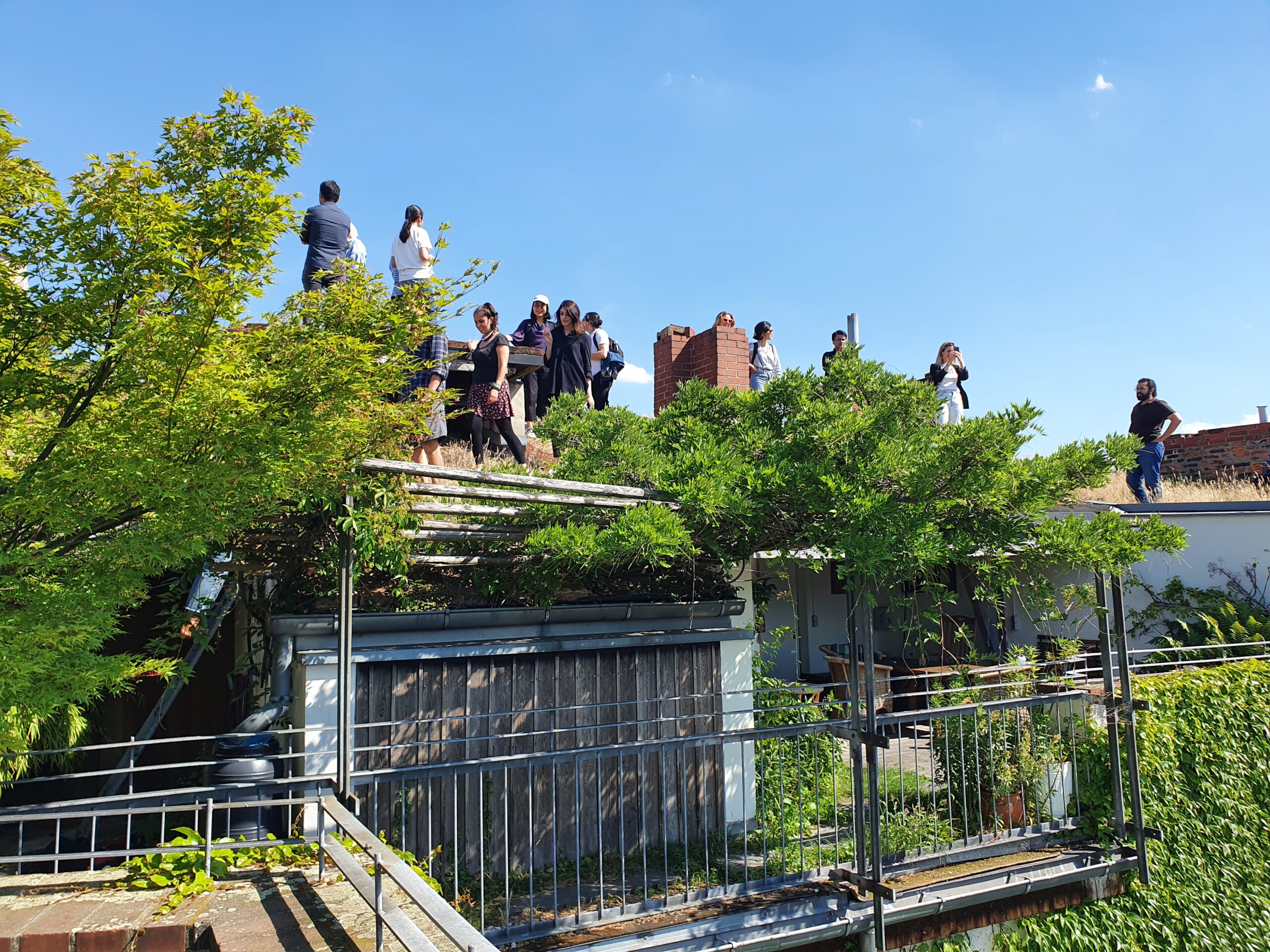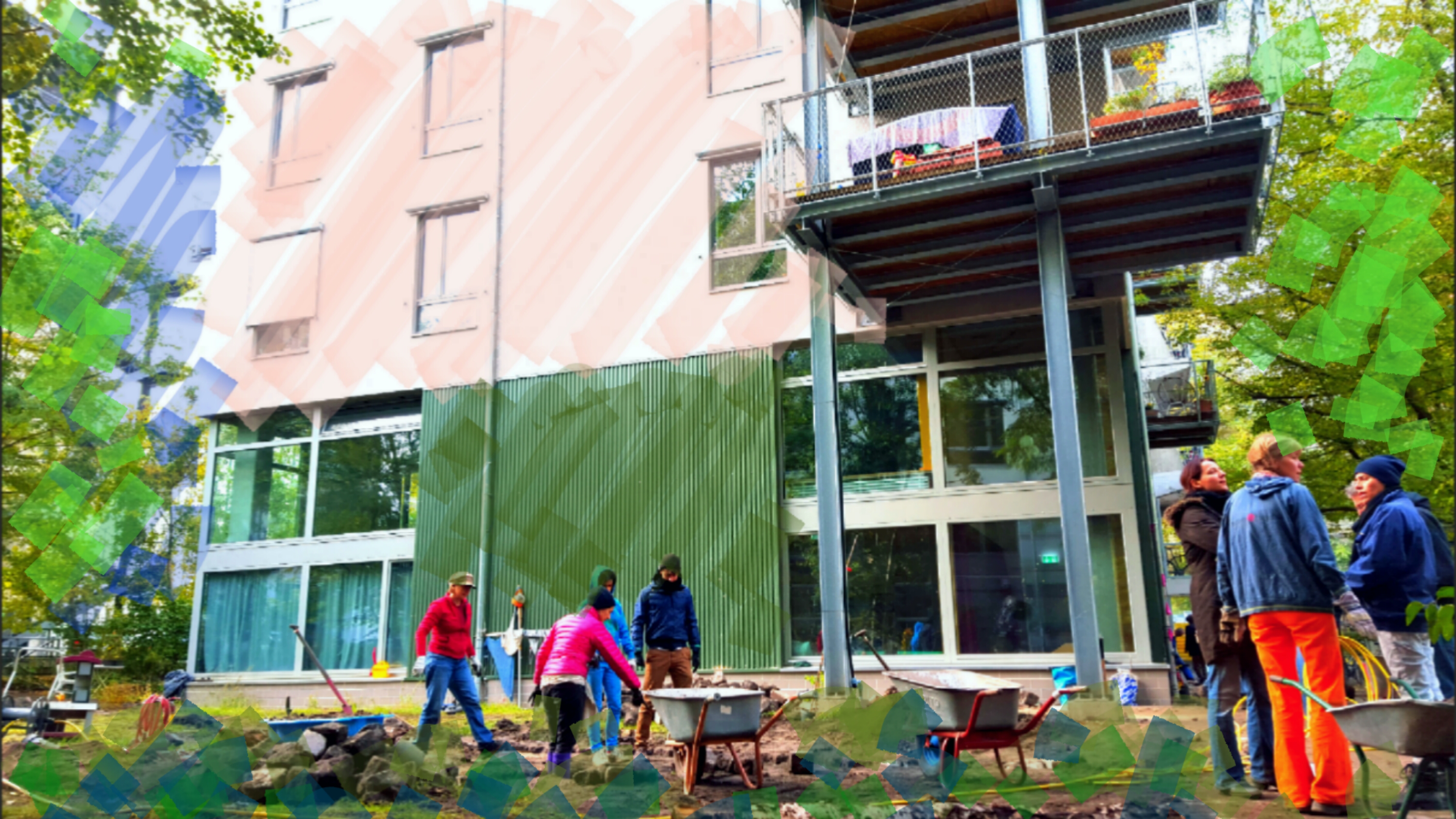Social-Ecological Cooperative Housing – eBook
SOCIAL-ECOLOGICAL COOPERATIVE HOUSING
Gemeinschaftliches, transformatives Bauen und Wohnen
Von Bodenspekulation und Mietenexplosion bis hin zu Klimawandel und sozialer Ungleichheit: In einer Zeit sich überlagernder Krisen ist es notwendiger denn je, unsere Art zu wohnen und zu teilen sowie das Eigentum an Grund und Boden neu zu denken.
CoHousing Inclusive
Selbstorganisiertes, gemeinschaftliches Wohnen für alle. Experimentelle Wohnformen – CoHousing Cultures – kommen immer mehr im Mainstream an. Aber inwieweit sind sie zugänglich und leistbar für alle: Menschen mit unterschiedlichen Einkommenslagen, mit und ohne Fluchterfahrung, mit und ohne Behinderung? Selbstbestimmte, soziale Wohnprojekte entwickeln bereits solche vielfältigen wie nachhaltigen Nachbarschaften und werden nicht nur zivilgesellschaftlich, sondern verstärkt auch von Wohnungsunternehmen wie Genossenschaften gefördert.

